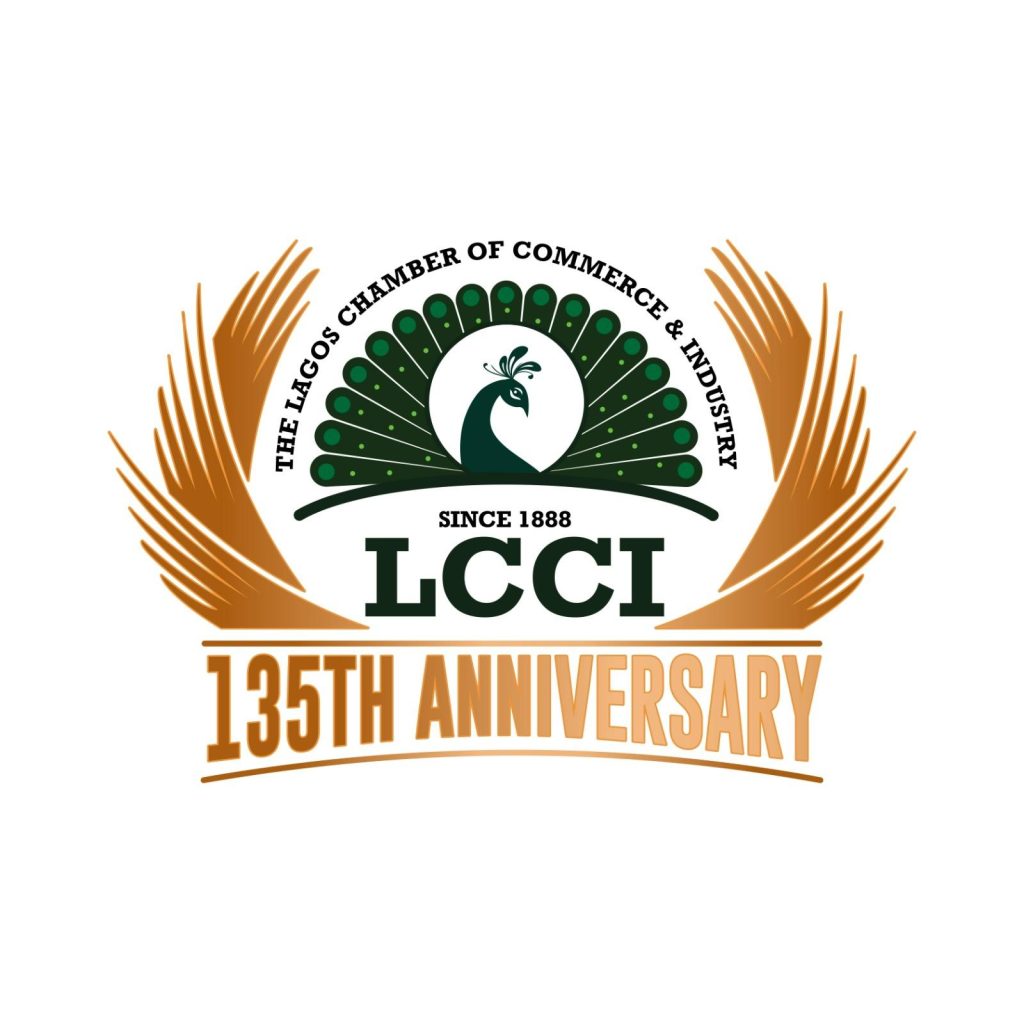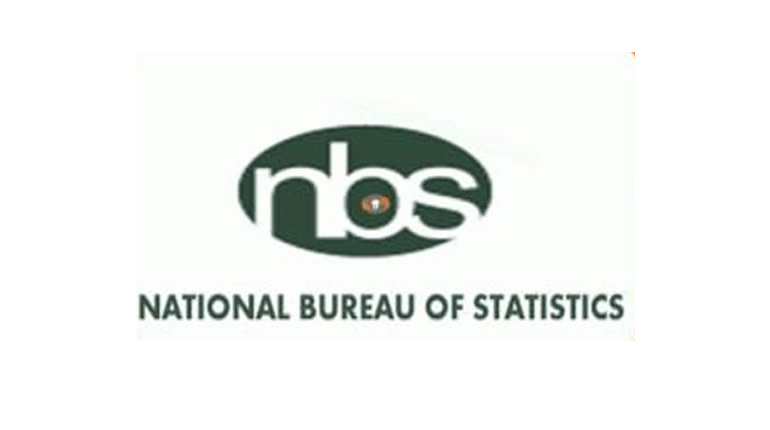Nigeria’s annual inflation rate rose to 28.20 per cent in November from 27.33 per cent in the previous month, the National Bureau of Statistics (NBS), has said while the imperative of focusing more on agriculture has, once again, come to the front burner. The NBS said the November 2023 headline inflation rate showed an increase of 0.87 per cent points when compared to the October 2023 headline inflation rate. The NBS said on a year-on-year basis, the headline inflation rate was 6.73 per cent points higher compared to the rate recorded in November 2022, which was 21.47 per cent.
“This shows that the headline inflation rate (year-on-year basis) increased in November 2023 when compared to the same month in the preceding year (November 2022)”, it added. According to the report, the food inflation rate in November 2023 quickened to 32.84 per cent on a year-on-year basis, which was 8.72 per cent points higher compared to the rate recorded in November 2022 (24.13 per cent ). In recent years, food prices have been on the rise across Nigeria. The situation deteriorated due to what analysts have described as the impact of government policies such as the removal of subsidies on petrol, among others. President Bola Tinubu had, on May 29th, during his inauguration, announced the removal of subsidy on petrol. This development has caused hardship for many Nigerians with its attendant increase in the prices of goods and services.
Over the past months, the naira has depreciated by over 50 per cent at both the authorised and unauthorised market segments, after the Central Bank of Nigeria (CBN) announced in June that it had collapsed all forex windows into the investors and exporters (I&E) window. Inflation has remained high in Nigeria, prompting the apex bank to hike interest rates to their highest levels in nearly two decades. Similarly, the Lagos Chamber of Commerce and Industry (LCCI) had said that the Consumer Price Index (CPI) data, as released by NBS, indicated that inflation continues its upward trend, rising to 28.20% in November from 27.33% in the previous month, implying 0.87% points increase, and 6.73% points when compared to 21.47% recorded in the corresponding month of 2022.

On a monthly basis, the chamber has observed the upward trend in consumer prices at 2.09% in November, having slightly moderated in the previous month at 1.73%. The upsurge in inflation is the highest since August 2005 and reflects continued Naira depreciation, higher fuel and food prices. Food inflation rate also increased to 32.84% in the month, implying 1.32% points increase from 31.52% in the previous month and 8.72% points increase compared to 24.13% in the corresponding month of previous year. Core inflation on the other hand, declined by 0.19% point to 22.38% from the previous month, it however, increased by 4.39% points when compared to 17.99% in the corresponding month in 2022. In terms of contributions of items, the data showed that food and non-alcoholic beverages remained the highest contributor to the price increase at 14.61% followed by housing water, electricity, gas and other fuel (4.72%), clothing and footwear (2.16%), transport (1.84%) while furnishings and household, as well as equipment and maintenance, had 1.42%.
In view of the above statistics, the LCCI has said, after 11 consecutive months of acceleration, the battle against inflation must be intensified by the CBN. The body is concerned about the continued uptick in inflation and particularly, stated that it offers investment disincentives to businesses, squeezes consumers’ income and spending, and constrains manufacturing productivity in the country by anticipating economic agents, including households and businesses, to continue to deploy strategies that would mitigate inflationary pressures. CBN is responsible for formulating and implementing monetary policies that foster currency stability. This involves a delicate balance between managing inflation, ensuring a competitive exchange rate, and promoting economic growth. Therefore, the CBN needs to adopt a well-calibrated policy mix that addresses the unique challenges facing the Nigerian economy, the chamber said.
By promoting economic diversification, implementing effective interest rate policies, managing the exchange rate judiciously, and embracing inflation targeting, the CBN can contribute significantly to ensuring the stability of the Naira and fostering a robust and resilient economy. Further, the LCCI implored the government to address the challenges inhibiting domestic production and ease the bottlenecks to the distribution of goods within the country while urging the government to continue to address the problems of insecurity and other factors affecting agriculture productivity in the country to improve food supply.
In a related development, the World Bank’s Nigeria Development Update (NDU), themed “Turning the Corner, From Reforms and Renewed Hope to Results”, which was launched in December 2023, gave an assessment of the entire process. In analysing the update, LCCI has averred that the bank is concerned about the Nigerian economy despite the reforms carried out so far including fuel subsidy removal, liberalisation of the foreign exchange market, removal of 43 items from foreign exchange (FX) restrictions and the tightening of monetary policy. The Director-General of LCCI, Dr. Chinyere Almona had informed that a detailed review of the report revealed that the key concerns in the Nigerian economy are high inflation, revenue leakages, unstable forex market due to liquidity challenges, increased poverty due to the high cost of living, partial return of subsidy, and sub-optimal GDP growth.
“We share similar views with the World Bank on the opacity and underperformance of the Nigerian National Petroleum Corporation (NNPC) and other Government-Owned Enterprises (GOEs). To increase government revenue, we advocate for far-reaching reforms and commitment on the part of the government to improve transparency and a comprehensive strategy that will boost the performance of the enterprises, including privatization options. However, we do not support the immediate increase in value-added tax (VAT) due to its cost impact on consumers in the immediate term.
On the partial return of subsidy, the Chamber supports the views of the World Bank and the need to adjust petrol prices to reflect market conditions. Over the years, the Chamber has consistently advocated for the full deregulation of petroleum products. We are, however, worried about the monopoly in the importation and supply of the products by NNPC and the lack of transparency in the pricing of the products. In relation to the unstable FX market, the chamber recommends that the government, in the short term, must address the supply gap in the market and improve its forex earnings by declaring an emergency in oil and gas production. In the medium term, the government must strategically pursue and incentivize the local production of basic household needs that are being heavily imported in order to reduce the huge demand for FX.
Furthermore, there is a need to build market confidence around free FX pricing and implement policies to channel FX supply into the market. The LCCI equally noted with concern, as also highlighted by the World Bank that the continued uptick in inflation and its severe impact on businesses, consumers’ income, spending and saving as well as manufacturing productivity in the country. “We urge the CBN to intensify its efforts to address the challenge by adopting the right policy mix and ensuring synergy with fiscal authorities. The Chamber recommends, in the short run, that there is a need for the government to focus on the critical needs of the poor and ensure regenerative investments in priority sectors of the economy, including agriculture, transport, health, youth development and human capital, infrastructure and housing”, the Director-General stated further.



